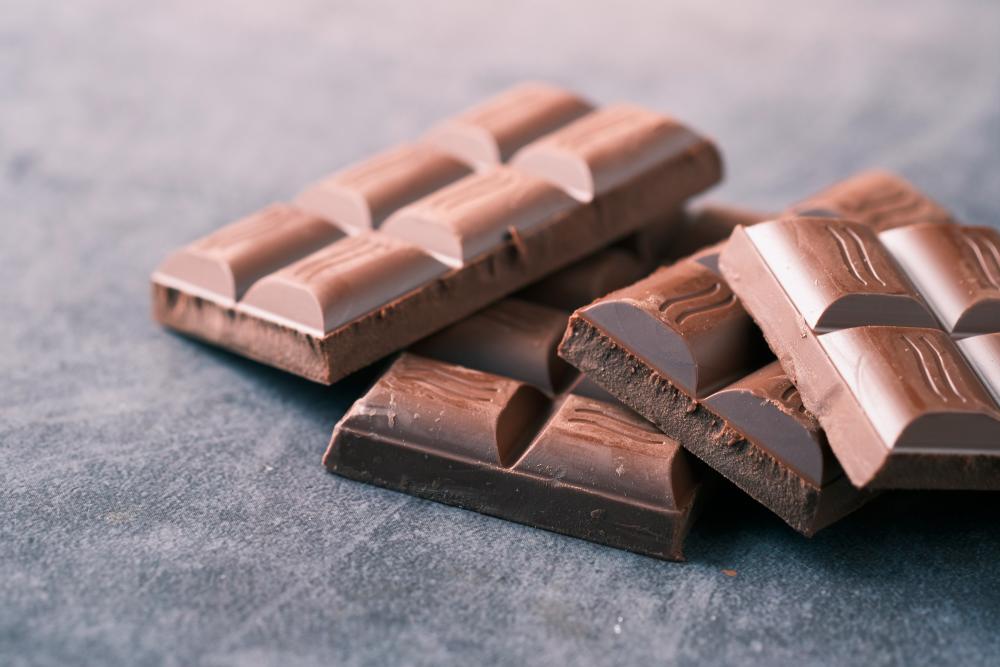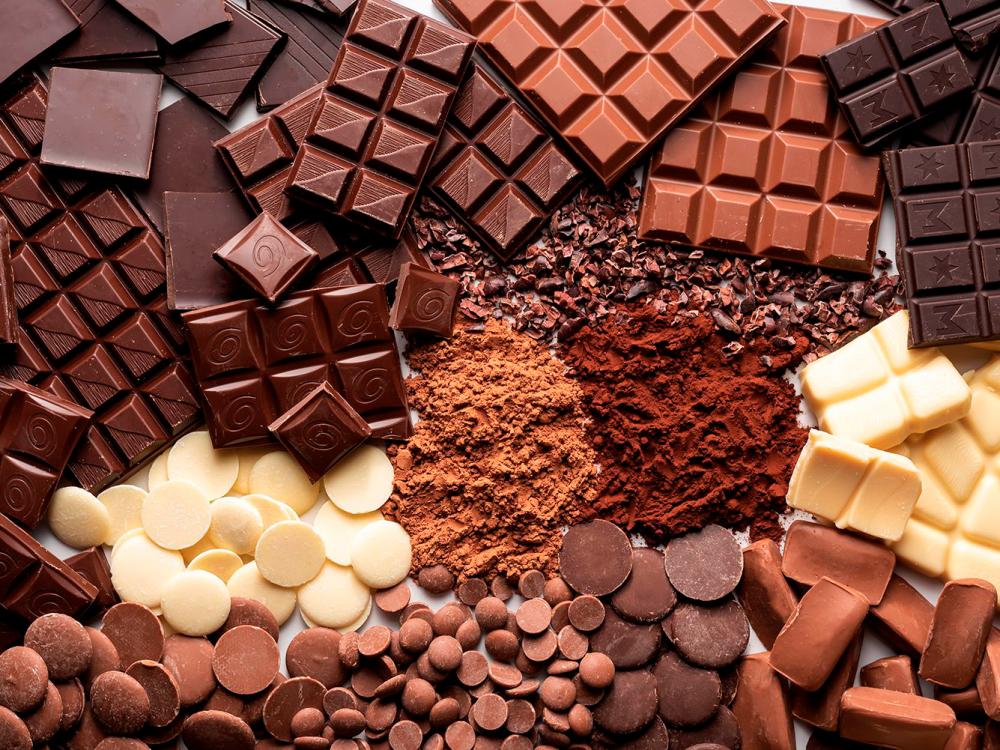NEARLY everyone in the world loves chocolate. Aeons ago, chocolate was discovered and became very popular throughout the entire world.
Even back in the old days, people enjoyed eating chocolate, and that tradition continues still. Due to the unique, sweet, and sugary flavour that it possesses, chocolate has since evolved into a widely consumed food product that is enjoyed by millions of people on a daily basis.
Now that we have even more reasons to want it in all of its numerous forms, from chocolate drinks to chocolate flavouring to hard chocolate candies, our cravings for it are only going to increase.
But, is chocolate really just a sweet treat, or is there another side to it? For instance, is there any nutritional or health value to chocolate? Well, let’s take a look at what scientists and chocolate enthusiasts have discovered.

Potential health benefits of chocolate
One fact about chocolate is inarguable: the purer and darker the chocolate, the better its health benefits. Raw chocolate or dark chocolate with minimal processing that is high in cocoa solids is healthier than milk chocolate and white chocolate.
For chocolate to be classified as “dark chocolate”, it must include at least 50% cocoa solids, cocoa butter, and sugar, but no milk, save for trace amounts that may result from cross-contamination during production.
Meanwhile, milk chocolate is typically 10% to 30% pure cocoa butter, and offers you fewer health benefits compared to dark chocolate.
This is due to the presence of a variety of minerals as well as polyphenolic components such as antioxidants and flavonoids in dark chocolate.
In addition to anthocyanins and phenolic acids, flavonols like epicatechin and catechin are notably prevalent in chocolate. Chocolate also contains a good amount of phenolic acid.
All of these compounds work together to reduce inflammation in the body’s cells, boost cognitive performance, and strengthen the immune system and cardiovascular systems.
Heart health improvements
It has been proven that the antioxidants in dark chocolate lower blood pressure and boost blood circulation to the heart, thus decreasing the risk of stroke, coronary heart disease, and mortality from heart disease.
Antioxidants are commonly found in fruits, vegetables, nuts, and seeds, as well as cocoa beans, which are used to produce chocolate. They help combat inflammation and protect our cells from free radical damage.
Boosts mental performance
The flavonols in dark chocolate also have beneficial effects on brain function, including improved reaction time, visual-spatial awareness and memory.
Scientists at Harvard Medical School have discovered that drinking two cups of hot chocolate per day may assist maintain brain function and prevent memory loss in elderly individuals.
The researchers also discovered that drinking hot chocolate enhanced blood flow to necessary brain regions.
Other than that, the release of neurotransmitters in the brain is one of the ways that chocolate affects the neurological system.
Neurotransmitters play a role in the transmission of information among neurons. Endorphins, serotonin, and other opiates are released in the brain as a result of eating chocolate.
Chocolate is sometimes referred to as a “comfort food” because of its ability to arouse positive feelings while simultaneously reducing anxiety and discomfort. Endorphins serve to alleviate depression by providing a sense of well-being and enjoyment.

Enhances athletic performance
When an athlete engages in moderately intense exercise, the epicatechin found in dark chocolate stimulates the generation of nitric oxide in the blood. This improves circulation and lowers the amount of oxygen that is used by the athlete during the workout.
Because of this, the athlete is able to keep up the same level of effort throughout the entire session. A study in the Journal of the International Society of Sports Nutrition stated that a little bit of dark chocolate might enhance oxygen availability.
There is even a chocolate protein bar that is low in calories and high in protein. Vitamin B, fibre, calcium, and iron can also be found in protein bars. Muscle building and weight loss are both possible side effects of using these supplements. Aside from being an excellent post-workout snack, protein bars can also be a nutritious lunch alternative.
Reduce diabetes risk
It has already been discovered that certain forms of flavanols found in dark chocolate could lessen the risk factors related to insulin resistance. These beneficial effects of insulin resistance could, over the course of time, lower the likelihood of developing diabetes.
Once again, epicatechin protects cells, makes them stronger, and supports mechanisms that help the body use insulin more effectively, all of which may prevent or fight diabetes.
Makes food taste better
Nowadays, whatever foods or cuisines are topped with chocolate are always featured in the recommended section. There is no doubt that the sweet and savoury flavours of chocolate might enhance any meal.
Molten Chocolate in Malaysia, for example, serves French crepes, Belgian pastries, and waffles, all of which are chocolate lovers’ and dessert addicts’ nirvana.
Consequently, not only on the food but also on the beverages, where chocolate-chip style beverages at big coffee companies like Starbucks have long been a popular choice among a large number of people worldwide.











